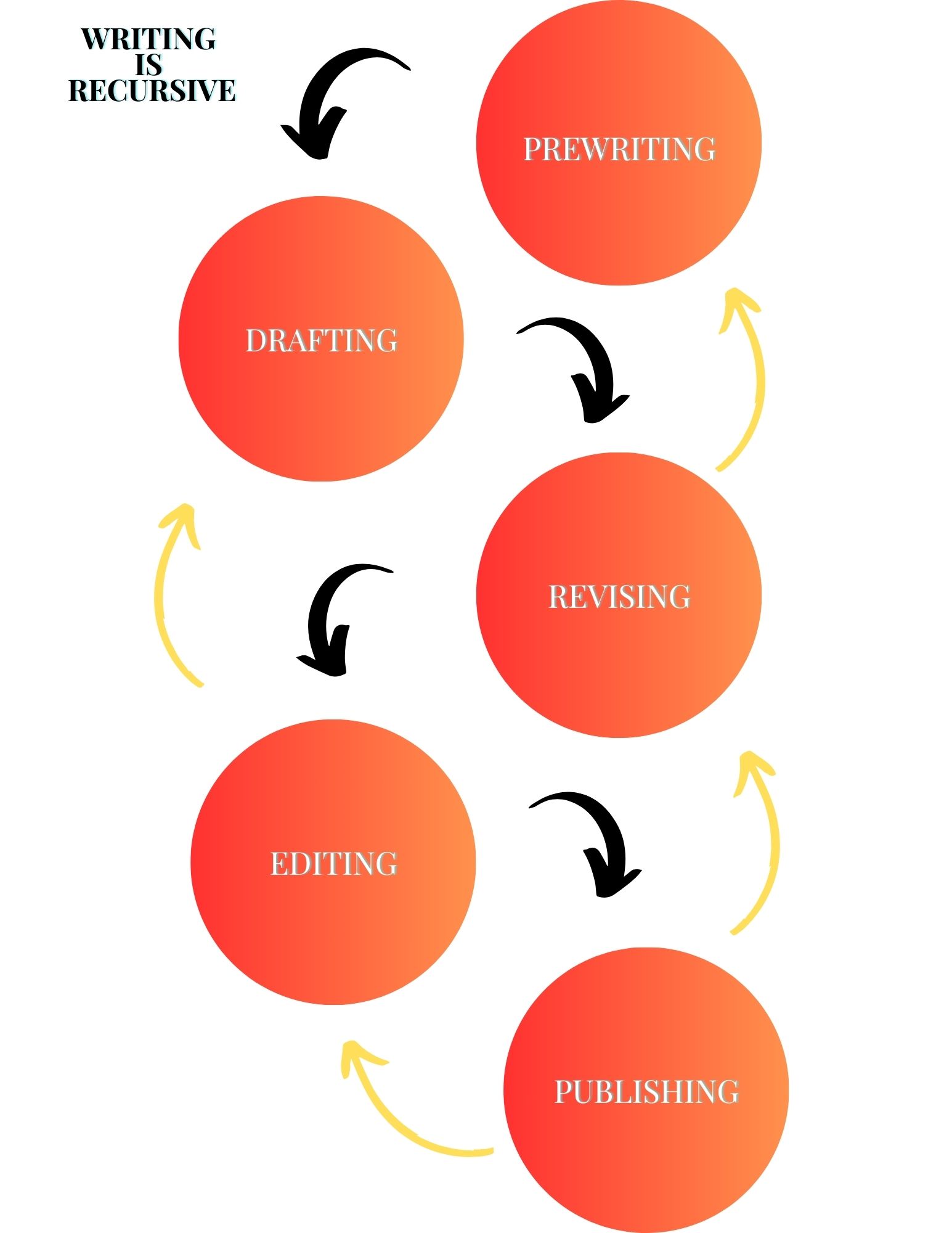The follow-up to the legendary classic Planet of the Apes (1968) is a strange film, which I think is fair to say, but it’s also far more profound than the first in the series due to its emphasis on the ways in which humankind (monkeykind, and mutantkind) fails to effectively communicate.
Today, I am going to briefly discuss this ostentatious move that has been relegated to the cinematic trash-heap no doubt due to it heady approach to the material and its nihilist ending, which probably put a lot of people off. It’s relevance to the modern era, however, is too clear not to discuss.
Summary (spoilers)
Beneath the Planet of the Apes picks up where the original left off and features a second astronaut (James Franciscus) landing on the monkey planet in search of Taylor (Charlton Heston) who was the protagonist of the first film.
After stumbling upon a series of clues and realizing that he is in fact not on a different planet after all—but on Earth (albeit the post-apocalyptic-monkey version)—he discovers a group of humans who have survived destruction by hiding deep beneath the planet’s surface. And these mutants are some crazy folks, I tell ya’.
As a society of telepathic remnants who revere a massive “doomsday bomb,” the mutated humans decide that the inevitable ape invasion of the Forbidden Zone (where they reside) must result in triggering of the bomb itself to keep the monkey’s from ruling Earth. Thus, it is up to Taylor and Brent to stop them from setting off the weapon to prevent the destruction of the planet.
And, spoiler alert, that’s exactly what happens in a bafflingly genius move on the film creators’ part (Director Ted Post/Producer Arthur Jacobs/Writers Paul Dehn and Mort Abrahams): the two main protagonists are killed, and the world is destroyed by the “doomsday bomb” in the throes of a monkey frenzy.
It’s a bleak ending but speaks to the feeling of futility rife during the era in which this movie was made, or, at least, the feelings of futility that surrounded world relations and nuclear tensions during the Cold War. It’s especially potent during Heston’s final utterance before death toward the Dr. Zaius after the ape-man refuses to help him disarm the bomb (this is also right after Brent is killed by multiple gunshots to the body and face).
“You…. bloody…. bastard,” Heston says, before falling forward and triggering the bomb. The bomb goes off, and then we see the planet explode.
The closing narration states:
“In one of the countless billions of galaxies in the universe lies a medium-sized star, and one of its satellites, a green and insignificant planet, is now dead.”
How the end of the world plays into literary themes
In Margaret Atwood’s poem “There are Hostile Nations,” she writes, “we should be kind, we should / take warning, we should forgive each other / Instead we are opposite, we / touch as though attacking.”
The film ends on an insane note, but I don’t think it’s that farfetched, as our world seems to be short on rational actors.
Clearly, Beneath the Planet of the Apes was inspired by the nuclear tensions in the decade preceding it and concerns for what the future held regarding the United States relations to other existing and burgeoning superpowers. Was it possible that two countries could wipe out the entire world by mutually assured destruction? I think it was certainly on most people’s minds.
What the film does well, and what its predecessor did well, too, is play off the xenophobic fears of those involved; even the humans don’t leave the film unscathed, as the mutant humanoids in Beneath the Planet of the Apes are clearly burdened by their own fears of annihilation. So much so, that they would rather destroy the planet than let it fall into the hands of a few damn, dirty apes.
As Heston says during the film:
“The doomsday bomb. Another lovely souvenir from the 20th Century. They weren’t satisfied with a bomb that could knock out a city. They finally built one with a cobalt casing—all in the sweet name of peace.”
The film certainly has its problems (lack of concision, cheap effects, some rambling plot ideas). As Variety stated in 1969, “This sequel to the 1968 smash, Planet of the Apes, is hokey and slapdash. The story [by Paul Dehn and Mort Abrahams] and Ted Post’s direction fall far short of the original” (Variety). The first film is immaculately paced, while the sequel fires through each act as though it had been lit on the opposite end.
Nevertheless, it’s a pretty solid exploration of a very dark real-world theme and one that certainly rests somewhere near the heart of political science (futile political motivation in the face of utter destruction), and literature. Ray Bradbury’s The Illustrated Man contains the story “The Highway” in which a man named Hernando watches as the survivors of a nuclear strike drive by he and his family where he works near the titular highway.
“And there was something about the faces of the people packed into the cars, something which dropped him into a deep silence,” Bradbury writes. “He stood back to let the cars roar on. He counted them until he tired. Five hundred, a thousand cars passed, and there was something in the faces of all of them. But they moved too swiftly for him to tell what this thing was.”
Terror. Despair. Sadness. All of these things are in their eyes, Hernando contends after experiencing a family’s untenable emotional states later in the story. But each of these emotions are sewn throughout Beneath the Planet of the Apes, because while honor and stoicism are hallmarks of Charlton Heston films, this antiwar film makes use of this deliberate stolidness to inform the audience of the stupidity and fragility of life on Earth
Atwood adds in her poem “They are hostile nations”: “It is cold and getting colder, / We need each others’ / breathing, warmth, surviving / is the only war / we can afford.”
Works Cited
Bradbury, Ray. “The Highway.” The Illustrated Man. Web: https://csuclc.files.wordpress.com/2013/03/illustrated-man-by-ray-bradbury.pdf
Atwood, Margaret. “They are hostile nations.” Poetryfoundation.org. Web: https://www.poetryfoundation.org/poems/47794/they-are-hostile-nations







